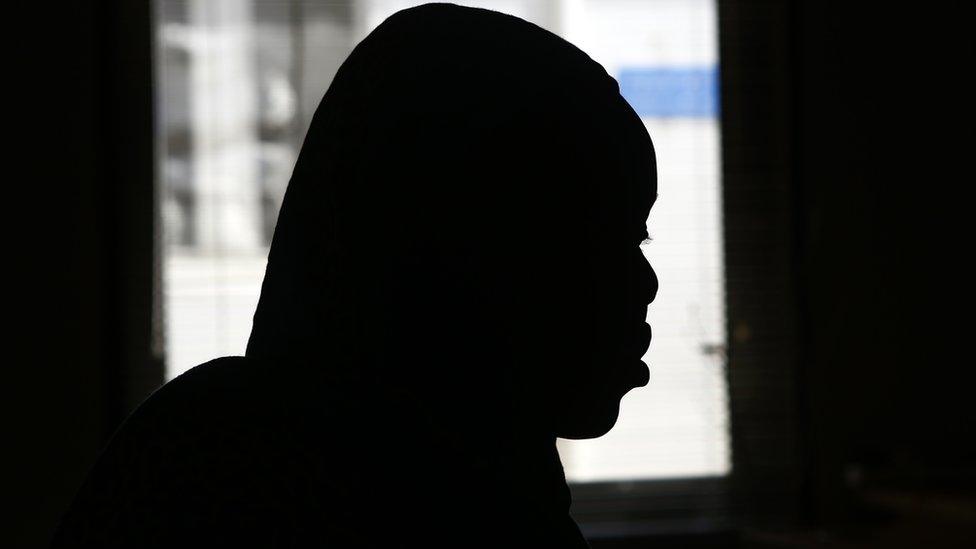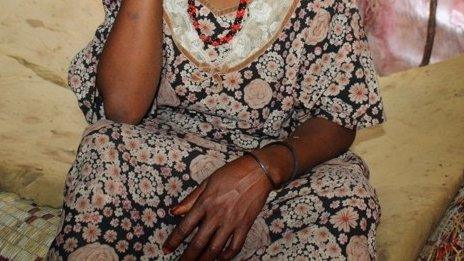Somaliland passes first bill against rape
- Published

Victims were forced to marry their rapists in the past
For the first time in its history, the self-declared republic of Somaliland has passed a bill against rape in the lower house of its parliament.
In the past, a victim's family could force them to marry their rapist to avoid being shamed.
If the bill becomes law, rapists will stand to face up to 30 years in prison.
Somaliland declared itself independent from Somalia in 1991 but is not internationally recognised as a country. There is still no specific law against rape in Somalia, although it is punishable through a penal code that recognises some sexual offences.
The bill speaker of the lower house of parliament, Bashe Mohamed Farah, told the BBC that rape cases have risen and he hoped a new law would help stop that trend.
"Nowadays we have seen even people carrying out gang rapes," he said.
"The main emphasis of the new act is to completely stop rape."
The new law has come before parliament after years of lobbying by children and women's rights advocates.
Faisa Ali Yusuf of the Women's Agenda Forum told the BBC they have been waiting for such legislation for a very long time.
The new bill still needs approval from the upper house and the BBC's Anne Soy explains it comes within the context of the self-declared republic being keen to be seen internationally as a viable democracy with functioning institutions.
Correction 11 April 2018: This article has been amended to clarify that the bill had not yet passed into law and the length of prison sentence that those convicted may face.
- Published2 January 2024

- Published21 November 2013
